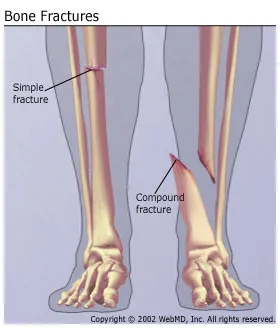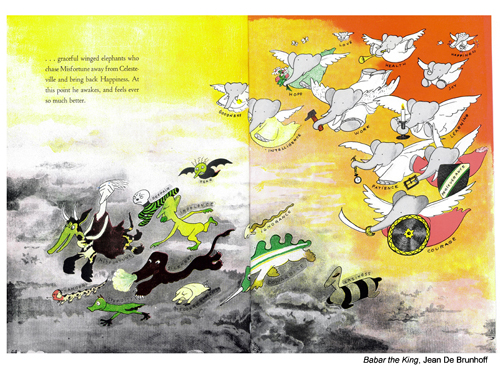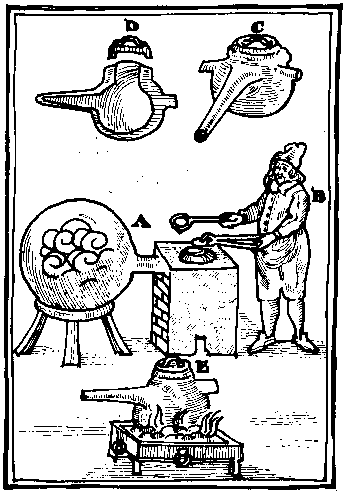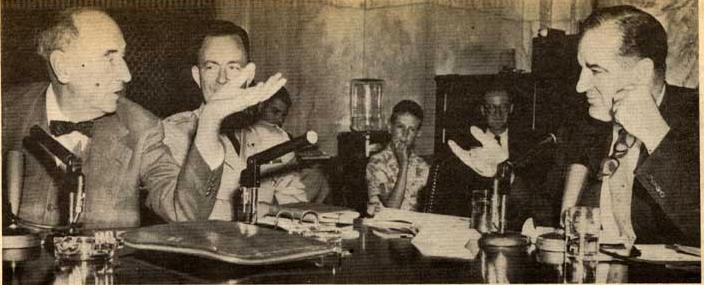We're both writers. She teaches. I copyedit. There are pluses to either profession in terms of being a writer, but I was baffled (good baffled) when she started talking about Tagore, whose poems she teaches in literature classes.
She teaches Tagore. She gets to spend time, is paid to spend time, with a great poet She gets to sell him to students, not that he needs selling.
I can't make a case for him being more divine or enlightened than Dickenson or Rilke, two all-time favorites. But he is/had something special.
We work with our gifts, our health and circumstance of class. Rilke made beautiful work of his time at Castle Duino (the Elegies); Emily Dickinson's garden and neighbors, reading, inner life made her work beautiful. They were all Brahmins, including Tagore who had a gift of needing to help free India. Maybe that wouldn't be a gift for all poets but mixed with his own lights it made him fine and rare, and exquisite.
Asks the Possible of the Impossible
Asks the Possible of the Impossible,
"Where is your dwelling-place?"
"In the dreams of the Impotent,"
comes the answer
A dewdrop is a perfect integrity
that has no filial memory of its parentage.
A mind all logic is like a knife all blade.
It makes the hand bleed that uses it.
______________
Rabindranath Tagore (Bengali)










.jpg)
















